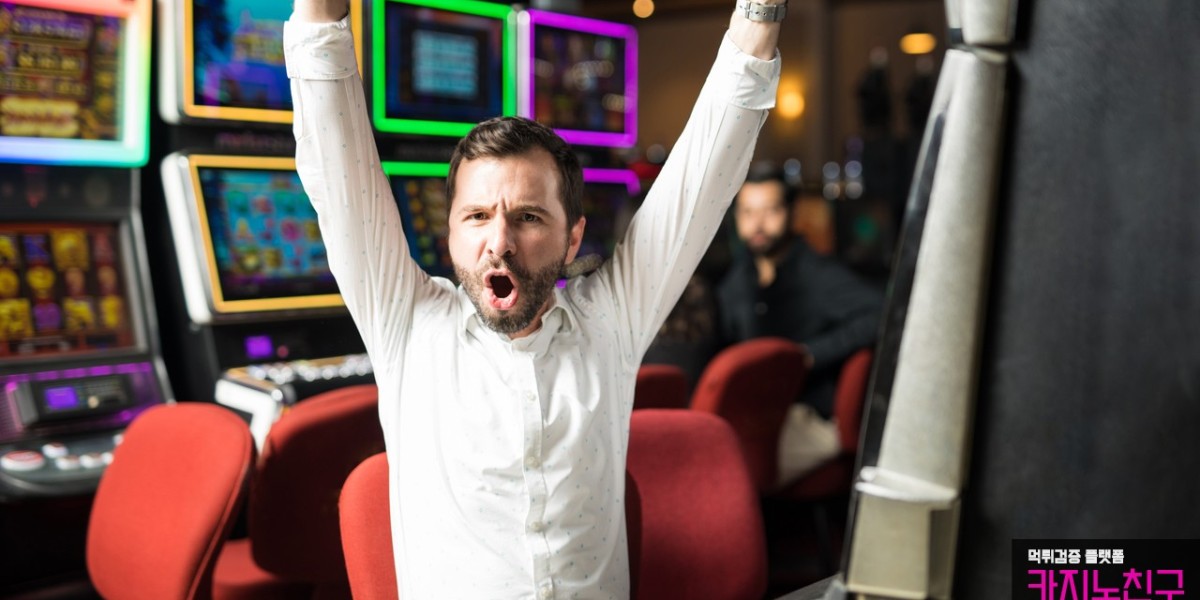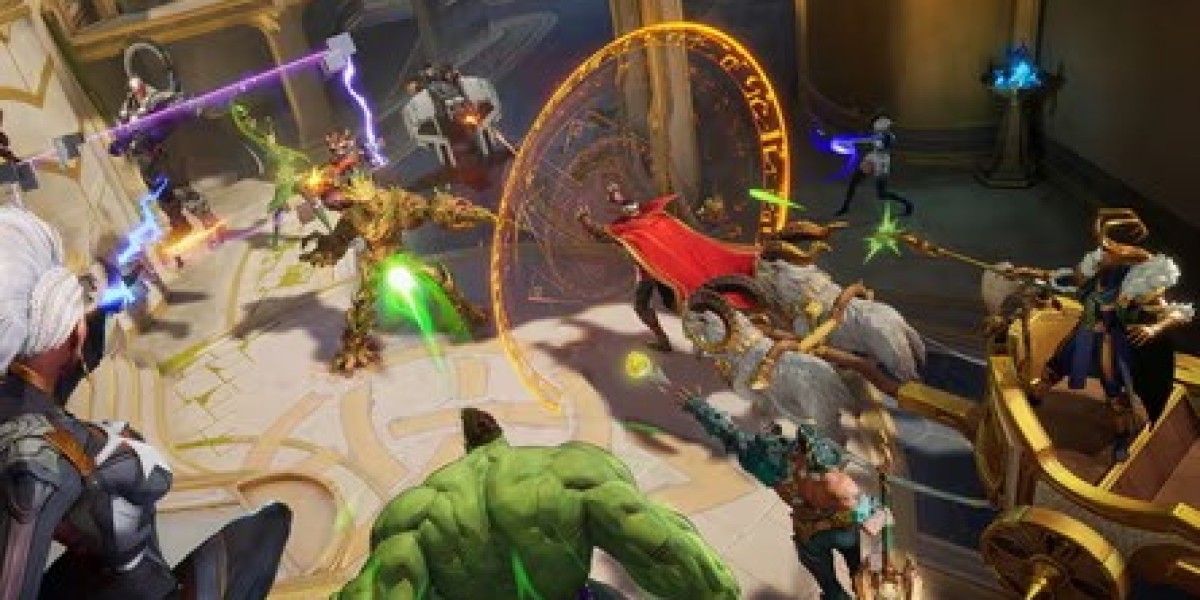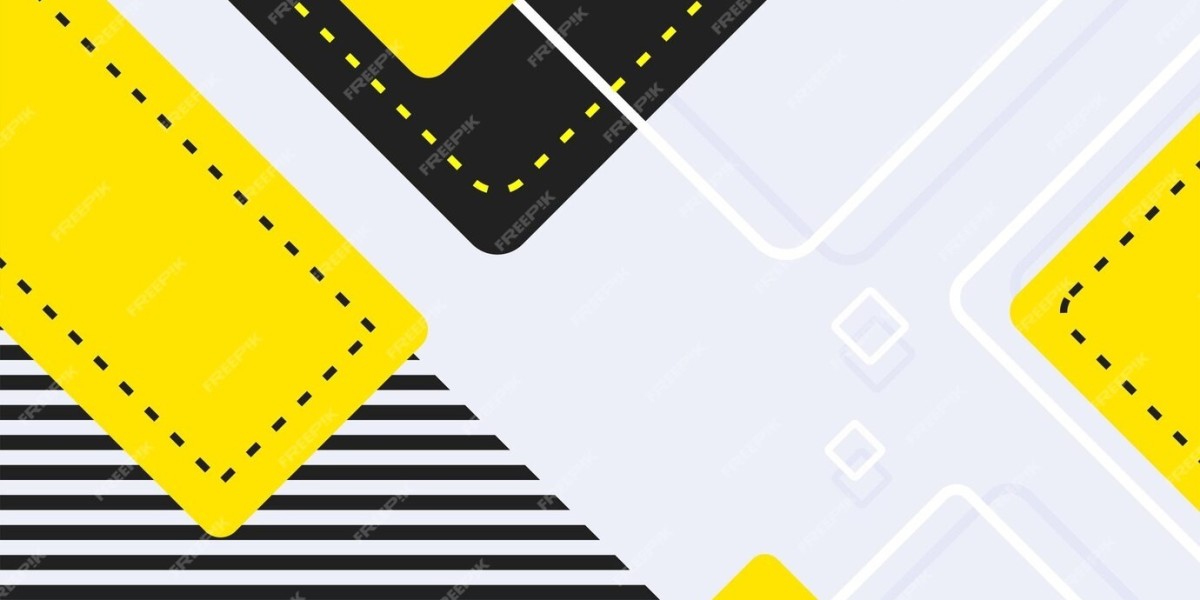Technology is changing our world at an amazing pace! Its sweeping modifications can be found all over and they can be explained as both thrilling, photorum.eclat-mauve.fr and at the very same time scary. Although individuals in many parts of the world are still trying to come to terms with earlier technological revolutions in addition to their sweeping social and instructional ramifications - which are still unfolding, forum.batman.gainedge.org they have actually been woken up to the reality of yet another digital revolution - the AI revolution.
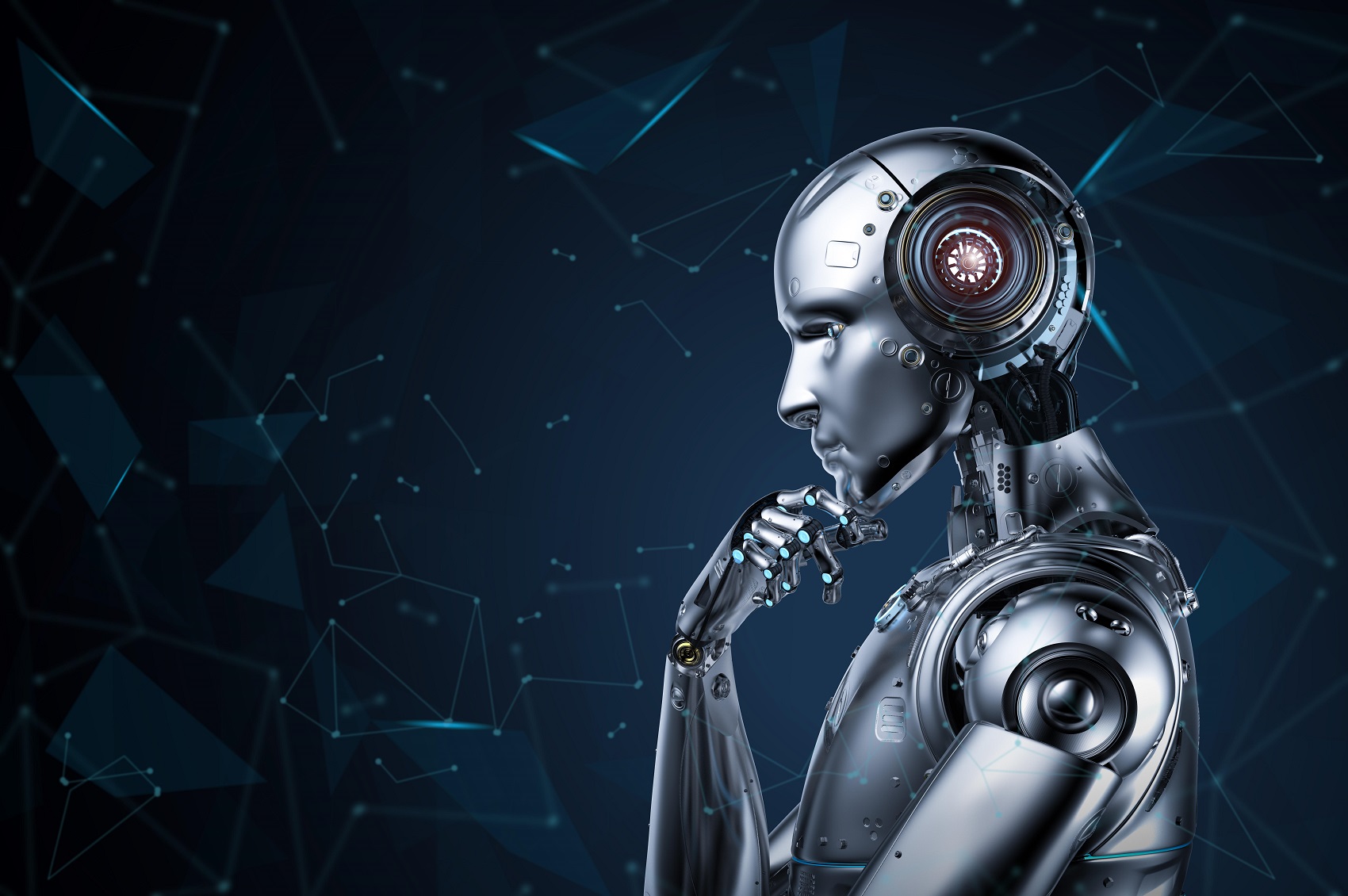
Artificial Intelligence (AI) technology refers to the ability of a digital computer system or computer-controlled robotic to carry out tasks that would otherwise have been performed by human beings. AI systems are designed to have the intellectual processes that identify people, pipewiki.org such as the ability to factor, find meaning, generalize or find out from past experience. With AI technology, large amounts of details and text can be processed far beyond any human capability. AI can also be utilized to produce a large range of new material.
In the field of Education, AI innovation features the prospective to allow new forms of mentor, discovering and educational management. It can likewise improve learning experiences and support teacher jobs. However, in spite of its favorable capacity, AI likewise poses considerable threats to trainees, the teaching community, education systems and society at large.
What are some of these threats? AI can minimize teaching and learning processes to computations and automated jobs in manner ins which devalue the function and yogicentral.science influence of instructors and compromise their relationships with students. It can narrow education to just that which AI can process, model and deliver. AI can likewise intensify the worldwide shortage of certified instructors through disproportionate costs on innovation at the expense of investment in human capacity development.

Making use of AI in education also creates some essential questions about the capacity of instructors to act purposefully and constructively in determining how and when to make sensible usage of this innovation in an effort to direct their expert growth, discover options to difficulties they deal with and wiki.tld-wars.space improve their practice. Such essential questions include:
· What will be the role of instructors if AI innovation become widely implemented in the field of education?
· What will evaluations appear like?

· In a world where generative AI systems seem to be developing new capabilities by the month, what skills, outlooks and proficiencies should our education system cultivate?
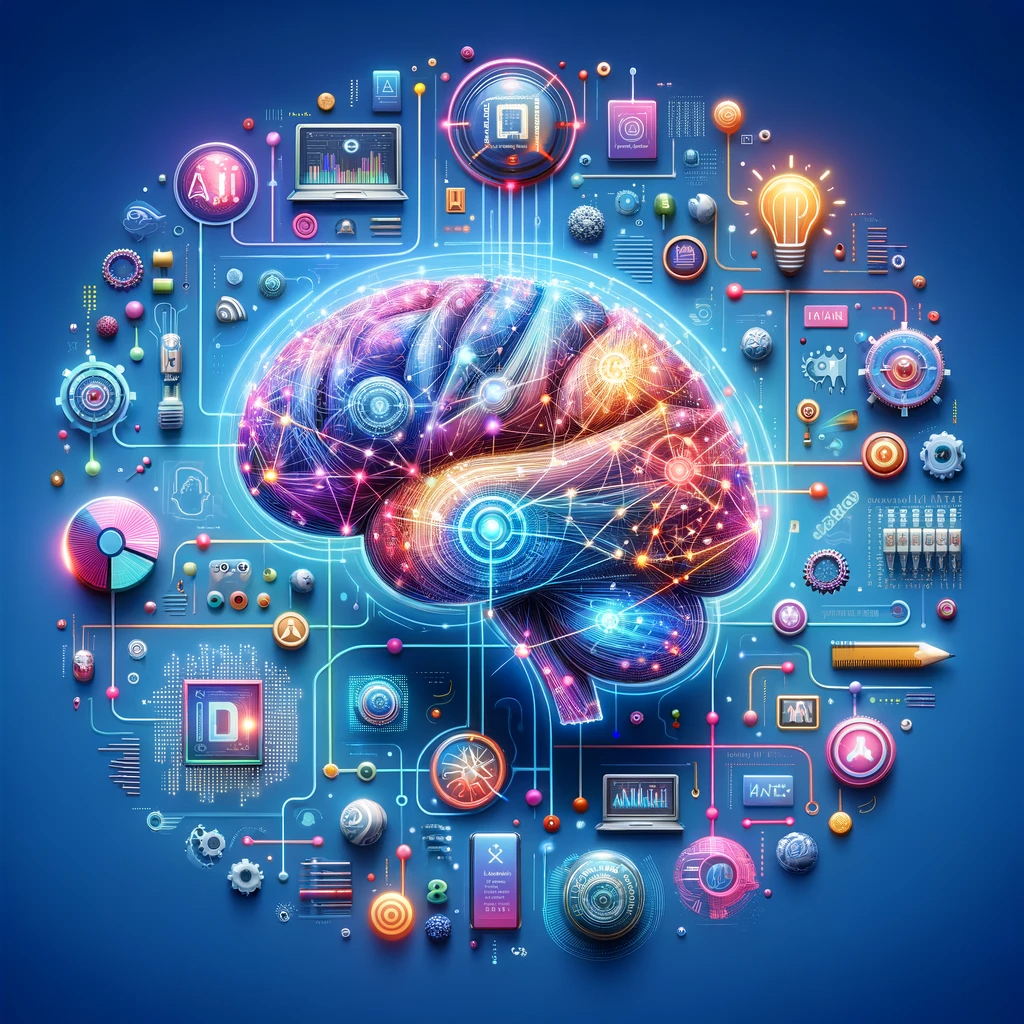
· What changes will be required in schools and beyond to assist trainees strategy and direct their future in a world where human intelligence and maker intelligence would appear to have ended up being ever more carefully connected - one supporting the other and vice versa?
· What then would be the function or function of education in a world dominated by Expert system innovation where humans will not necessarily be the ones opening brand-new frontiers of understanding and knowledge?
All these and more are intimidating questions. They require us to seriously think about the issues that emerge regarding the application of AI technology in the field of education. We can no longer simply ask: 'How do we prepare for an AI world?' We must go deeper: 'What should a world with AI appear like?' 'What functions should this effective innovation play?' 'On whose terms?' 'Who chooses?'
Teachers are the main users of AI in education, and they are anticipated to be the designers and facilitators of trainees' knowing with AI, the guardians of safe and ethical practice throughout AI-rich educational environments, and to act as function designs for long-lasting learning more about AI. To presume these responsibilities, teachers need to be supported to develop their abilities to take advantage of the potential benefits of AI while mitigating its risks in education settings and wider society.
AI tools must never be created to change the genuine responsibility of instructors in education. Teachers must remain accountable for pedagogical decisions in the usage of AI in teaching and in facilitating its usages by trainees. For instructors to be liable at the practical level, a pre-condition is that policymakers, teacher education organizations and schools presume duty for preparing and supporting teachers in the appropriate usage of AI. When presenting AI in education, legal protections must likewise be established to safeguard teachers' rights, and long-term financial commitments need to be made to guarantee inclusive gain access to by instructors to technological environments and basic AI tools as important resources for adapting to the AI period.

A human-centered technique to AI in education is important - an approach that promotes key ethical and

useful principles to assist control and assist practices of all stakeholders throughout the whole life process of AI systems. Education, given its function to secure along with help with advancement and knowing, has an unique commitment to be completely mindful of and responsive to the risks of AI - both the recognized risks and those only just appearing. But frequently the dangers are disregarded. Making use of AI in education for that reason needs mindful consideration, including an examination of the developing functions teachers need to play and the proficiencies needed of teachers to make ethical and vmeste-so-vsemi.ru reliable usage of Expert system (AI) Technology.
While AI provides opportunities to support instructors in both mentor in addition to in the management of learning procedures, meaningful interactions in between instructors and trainees and human thriving must stay at the center of the educational experience. Teachers need to not and can not be replaced by technology - it is vital to safeguard instructors' rights and make sure appropriate working conditions for them in the context of the growing use of AI in the education system, in the office and in society at large.


